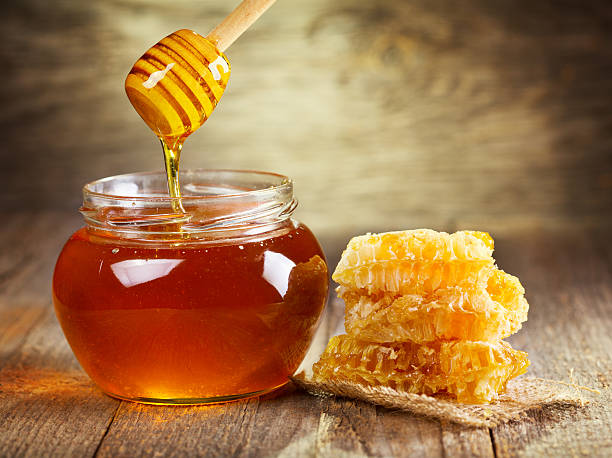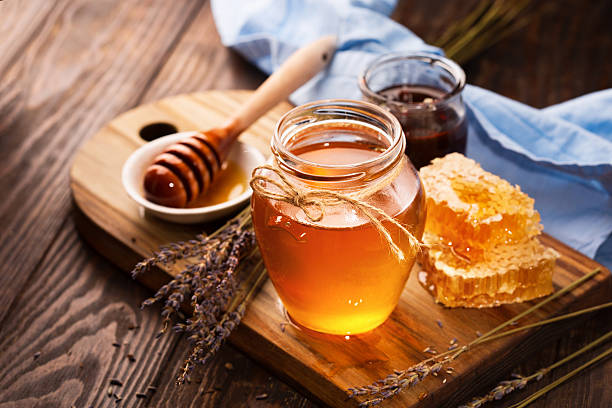Honey is a sweet, viscous liquid made by bees using nectar from flowers. It has been used for both culinary and medicinal purposes for thousands of years, and is considered a natural sweetener. But what is the nutritional value of honey per 100g, and is it healthy for you?
Nutritional Value of Honey per 100g
First, let’s look at the nutritional value of honey per 100g. According to the United States Department of Agriculture (USDA), 100g of honey contains approximately 304 calories, 82g of carbohydrates (including 81g of sugars), 0.3g of protein, and 0.1g of fat. It also contains small amounts of various vitamins and minerals, including vitamin C, calcium, and iron.
Is Honey per 100g Healthy for You?
Honey is primarily composed of fructose and glucose, which are simple sugars that are quickly absorbed into the bloodstream, providing a quick source of energy. However, because of its high sugar content, it is also high in calories and should be consumed in moderation.
While honey does contain small amounts of various vitamins and minerals, it is not considered a significant source of these nutrients. Therefore, it should not be relied upon as a primary source of nutrition.
As for the question of whether honey per 100g is healthy for you, it depends on the context of your diet and overall health. In moderation, honey can be a healthier alternative to refined sugars, as it contains antioxidants and other beneficial compounds. However, consuming large amounts of honey can contribute to weight gain and an increased risk of developing diabetes, heart disease, and other health conditions related to excess sugar consumption.
It is also important to note that honey should not be given to infants under the age of 1, as it can contain a type of bacteria that can cause botulism. Additionally, honey that is not pure or has been processed can cause allergic reactions in some people.
In conclusion, the nutritional value of honey per 100g is primarily composed of carbohydrates, including sugars. It also contains small amounts of vitamins and minerals, but it should not be relied upon as a primary source of nutrition. Consuming honey in moderation can be a healthier alternative to refined sugars, but excessive consumption can contribute to weight gain and an increased risk of developing health conditions. As always, it is important to consult with a healthcare professional before making any significant changes to your diet.

 Home
Home Health
Health Diet & Nutrition
Diet & Nutrition Living Well
Living Well More
More












